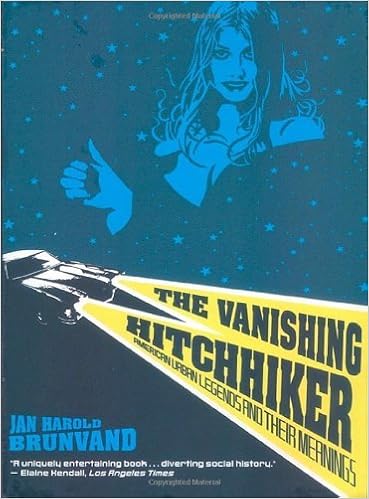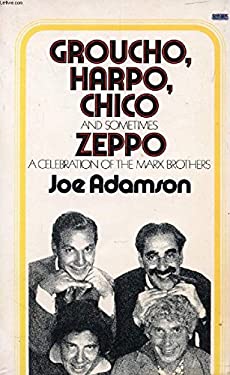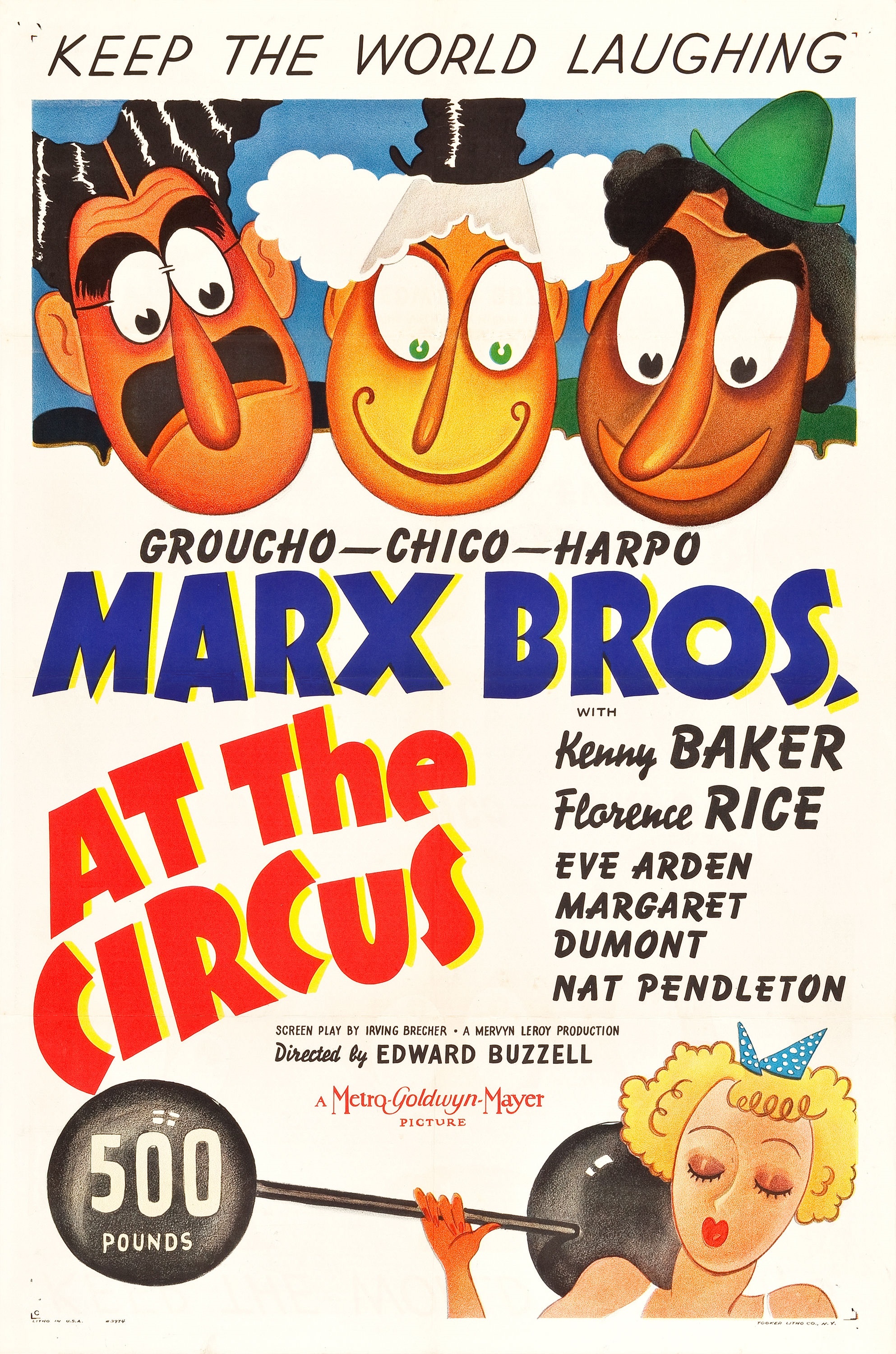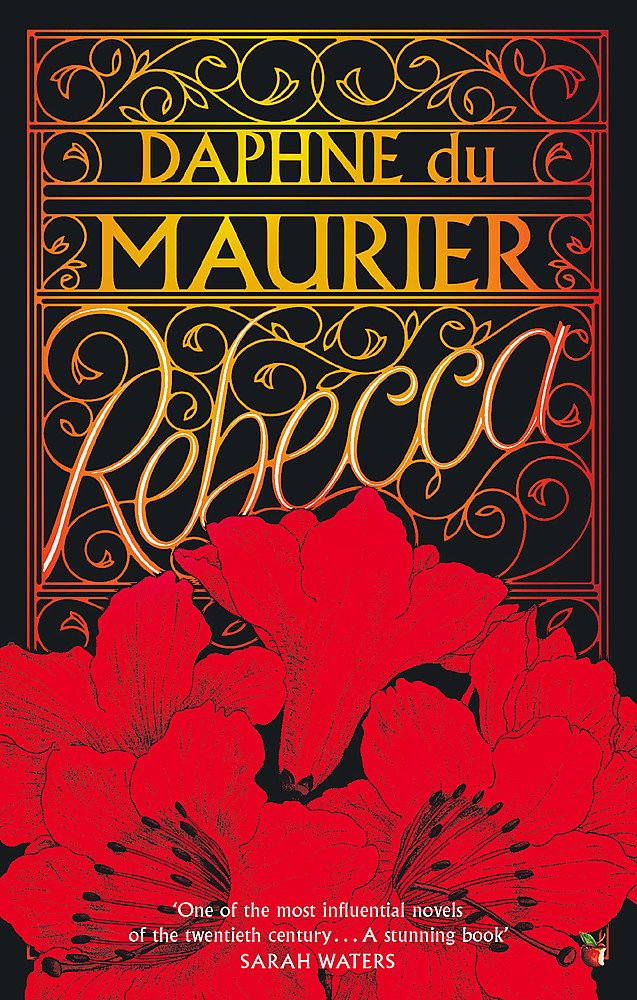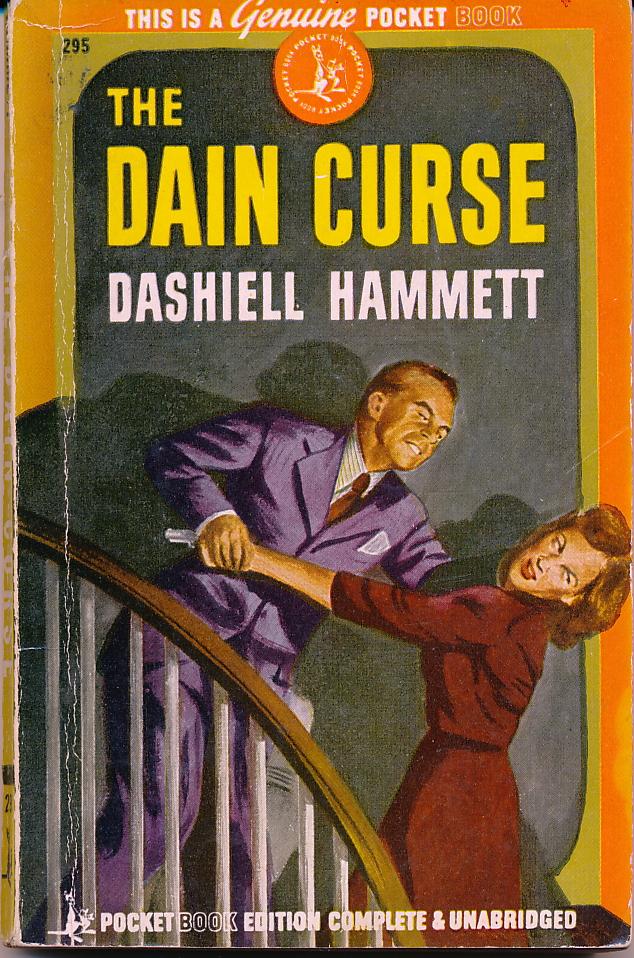Are you heading back in the theatres yet? Not me. But as a reminder of the goodle days, here are quotes from 25 crime movies. As
before, they are in alphabetical order by titles. Purely by coincidence, three actors get two quotes each. The answers are below. Good luck!
1. Or maybe she didn't die. Maybe she just moved to the suburbs - I always confuse those two.
2. Can I trust you? Can I trust you? Can I trust you?
3. I loved Al Lipshitz more than I could possibly say. He was a real artistic guy, sensitive, a painter. But he was always trying to find himself. He'd go out every night looking for himself. And on the way, he found Ruth. Gladys. Rosemary. And Irving. I guess you could say we broke up because of artistic differences. He saw himself as alive. And I saw him dead.
4. One of us had to die. With me, it tends to be the other guy.
5. -What are you going to do?
-I'm going to sit in the car and whistle "Rule Britannia".
6. Isn't it touching how a perfect murder has kept our friendship alive all these years?
7. I don't feel I have to wipe everybody out, Tom. Just my enemies.
8. -The fellow whose job I'm taking, will he show me the ropes?
- Maybe - if you're in touch with the spirit world.
9. I hear you paint houses.
10. It is so difficult to make a neat job of killing people with whom one is not on friendly terms.
11. Who do men instinctively pull at loose threads on their parachutes?
12. What can I tell you? Don't piss off a motivated stripper.
13. Has it occurred to you that there are too many clues in this room?
14. - Do you realize that because of you this city is being overrun by baboons?
-Well, isn't that the fault of the voters?
15. -Can you be any more of a condescending ass?
-Yes.
16. In my book "brave" rhymes with "stupid."
17. Go ahead. Jump. He never loved you, so why go on living? Jump and it will all be over.
18. You shoot me in a dream, you better wake up and apologize.
19. The funny thing is - on the outside, I was an honest man, straight as an arrow. I had to come to prison to be a crook
20. I studied on killing you. Studied on it quite a bit. But I reckon there ain't no need for it if all you're gonna do is sit there in that chair. You'll be dead soon enough and the world 'll be shut of ya. You ought not killed my little brother, he should've had a chance to grow up. He woulda had fun some time.
21.Women make the best psychoanalysts until they fall in love. After that, they make the best patients.
22. Like the fella says, in Italy for 30 years under the Borgias they had warfare, terror, murder, and bloodshed, but they produced Michelangelo, Leonardo da Vinci, and the Renaissance. In Switzerland they had brotherly love - they had 500 years of democracy and peace, and what did that produce? The cuckoo clock.
23. We're going to let 'em keep the goddamn subway train. Hell, we've got plenty of them; we'll never even miss it.
24. What I do for a living may not be very reputable... but I am. In this town I'm the leper with the most fingers.
25. -Do you know what a blood oath is, Mr. Ness?
- Yes.
-Good, 'cause you just took one.
THE ANSWERS LURK BELOW...
1.
- Jack Hock (Richard E. Grant)
Can You Ever Forgive
Me?2.- Ace Rothstein (Robert DeNiro)
Casino3. -Mona ( Mya )
Chicago4. - Frank Costello (Jack Nicholson)
The Departed
5. -Edna (Rosemarie Dunham)/ Carter (Michael Caine) Get Carter
6. -Arthur Adamson (William Devane) Family Plot
7. -Michael Corleone (Al Pacino) The Godfather, Part Two
8. -Harry Palmer (Michael Caine) / Major Dalby (Nigel Green)
The Ipcress File9. -Jimmy Hoffa (Al Pacino)
The Irishman10.
- Louis Mazzini (Dennis Price)
Kind Hearts
and Coronets
11. - Harlan Thromby (Christopher Plummer)
Knives Out
12. -Michael Clayton (George Clooney)
Michael Clayton
13.
-Hercule Poirot (Albert Finney)
Murder on the Orient Express (1974)
14. -Commissioner Brumford (Jacqueline
Brooks) / Frank Drebin (Leslie Nielsen)
The Naked Gun 2 1/2: The Smell
of Fear
15. -Dylan Rhodes (Mark Ruffalo) / Thaddeus Bradley (Morgan Freeman) Now You See Me
16. - Josh Howard (Sammy Davis Jr.) Ocean's Eleven
17. - Mrs. Danvers (Judith Anderson) Rebecca
18. -Mr. White (Harvey Keitel)
Reservoir Dogs19. -Andy DuFresne (Tim
Robbins)
The Shawshank Redemption20. - Karl Childers (Billy Bob Thornton)
Sling Blade21. - Dr. Brulov (Michael Chekhov)
Spellbound22. - Harry Lime (Orson Welles)
The Third
Man
23. -Mayor (Lee
Wallace)
The Taking of Pelham 12324. -Jake Gittes (Jack Nicholson)
The Two Jakes25. -Malone (Sean Connery) / Elliot Ness (Kevin Costner)
The Untouchables
























